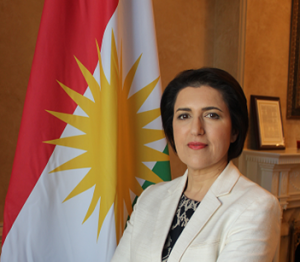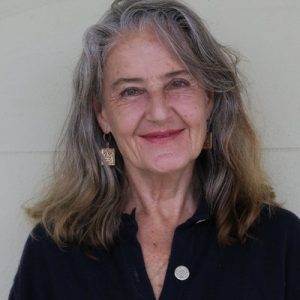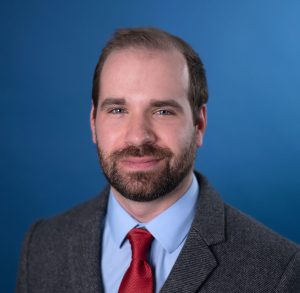Washington Kurdish Institute
August 10, 2020 marks a century of the Treaty of Sèvres between the remnants of the Ottoman empire and the allied powers to restore much of the Middle East and Anatolia. Though never implemented, the Treaty of Sèvres recognized the Kurds’ self-determination, a right the Kurds continue fighting for since then.
What is the status of Kurdish nationalism after one century of struggle? What are the lessons learned from the past? Is independent Kurdistan realistic after the Kurds sacrificed millions of lives without achieving their goals? What has changed in US policies and the international community toward the Kurds and their demands? Have the countries with Kurdish populations changed their approach to the Kurdish cause after a century of conflict? And more questions will arise during the panel discussion.
Speakers:
About Speakers:

Before her career in public service, Ms. Abdul Rahman worked as a journalist for 17 years. She began her career on local newspapers in London and won the Observer Newspaper’s Farzad Bazoft Memorial Prize in 1993, which led her to work at The Observer and later at the Financial Times. She worked for the FT in Britain and in Japan, where she was Tokyo Correspondent.
Her late father, Sami Abdul Rahman, was a veteran of the Kurdish freedom movement, joining the Kurdistan Democratic Party in 1963 and playing a critical leadership role in the Kurdish and Iraqi opposition to Saddam Hussein’s regime. He held the post of Deputy Prime Minister of the Kurdistan Regional Government and General Secretary of the Kurdistan Democratic Party (KDP). Sami Abdul Rahman was killed alongside his elder son Salah and 96 others in a twin suicide bombing in 2004. Ms. Abdul Rahman was born in Baghdad. Her family briefly lived in Iran in the mid-1970s before moving to Britain in 1976. She is a history graduate from London University.

Philip Kowalski is a research analyst at FDD focusing on Turkey. He studies Turkish foreign policy, Kurdish rights, and Turkey’s involvement in the Syrian conflict. He has written essays on international affairs for the Washington Kurdish Institute, OZY and the Middle East Institute, where he was a research assistant in 2019.
He completed his MA at the University of London’s School of Oriental and African Studies, with a thesis on “Reurbanization in Post-Genocide Southeastern Turkey (1925-1940).” Prior to attending graduate school, Philip lived in Turkey between 2012 and 2016. He holds a BA in History from the University of Cincinnati.


